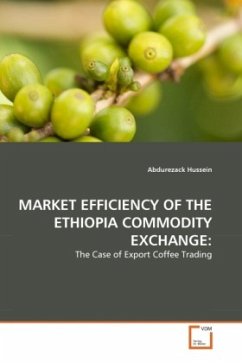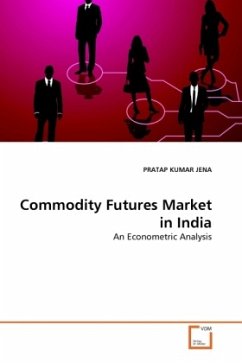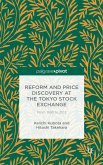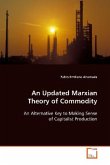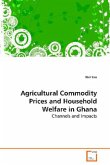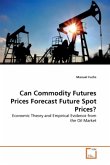In a country where agriculture and an agrarian population dominate, the agricultural marketing system plays a pivotal role in coordinating resources and channeling production and growth across the different sectors of the economy. In the presence of a poorly organized and inefficient marketing system, like in Ethiopia, the population and the economy in general have no escape from suffering. To address the crux of the problem, Ethiopia has given an institutional solution by establishing the Ethiopia Commodity Exchange with a vision to revolutionize the country's agriculture through an efficient marketing system. This work tests the presence of the weak-form market efficiency using three random walk tests: the ADF, the Lo-MacKinlay variance ratio and the BDS tests. Being the first work on market efficiency of the Exchange, the analysis has mined important lessons to be learnt by the Exchange and the many coming-soon exchanges in developing countries. This work has also shed light on the diverse conclusions uncovered across time, across commodities, across statistical techniques and across countries in the Efficient Market Hypothesis literature.
Bitte wählen Sie Ihr Anliegen aus.
Rechnungen
Retourenschein anfordern
Bestellstatus
Storno

